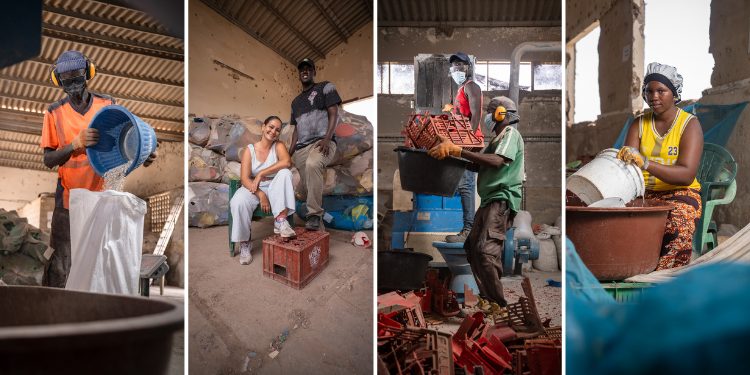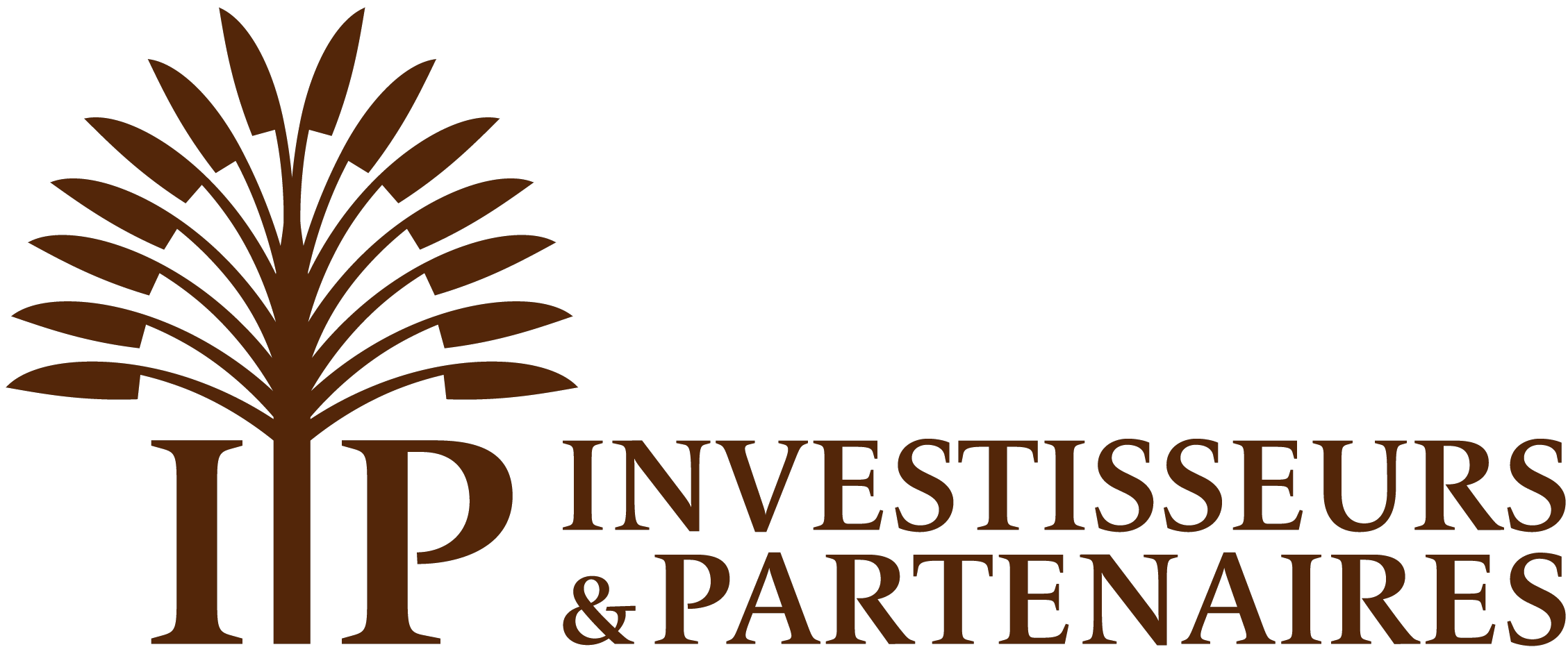KaoPlast: a plastic recycling initiative in Senegal
Submitted by admin on Mon, 11/17/2025 - 11:03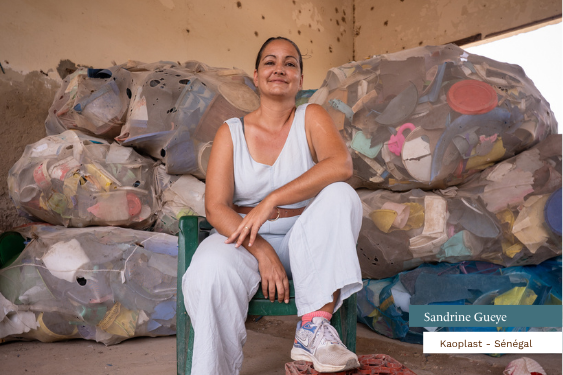
In the heart of Senegal, in the Kaolack region, a small company has set itself the task of turning an environmental problem into an economic opportunity: KaoPlast.
Founded in 2015 and fully operational since 2018, the company has established itself as a pioneer in the recycling of hard plastics in a region where waste management is still poorly structured.
Led since 2021 by Sandrine Gueye, a former sports coach turned committed entrepreneur, KaoPlast now employs dozens of people and works with more than 300 collectors across the country.
With the support of the CATAL1.5°T program, co-financed by the Green Climate Fund and BMZ via GIZ, Climate Kick, and I&P, KaoPlast is preparing to take a new step in its development to strengthen the circular economy in Senegal.
Interview with Sandrine Gueye, Manager of KaoPlast
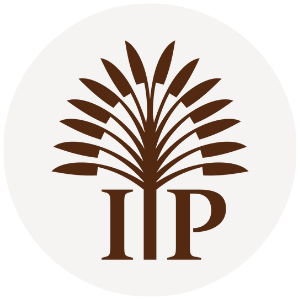 What brought you to Kaolack ?
What brought you to Kaolack ?
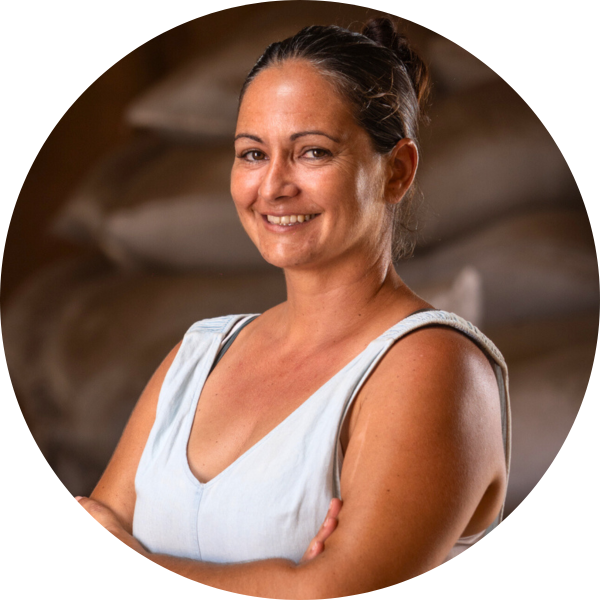 I started out as a sports coach, which had nothing to do with plastic! But I've always been environmentally conscious. When I arrived here in Senegal, in a small village near Kaolack, I was struck by the amount of waste around us. I met Elven Bardou, the founder of KaoPlast, who was looking for someone to help him in Kaolack. I started in 2019, then took over the management in 2021 when he returned to France. Since then, we've been fighting to grow this business, often with very limited resources.
I started out as a sports coach, which had nothing to do with plastic! But I've always been environmentally conscious. When I arrived here in Senegal, in a small village near Kaolack, I was struck by the amount of waste around us. I met Elven Bardou, the founder of KaoPlast, who was looking for someone to help him in Kaolack. I started in 2019, then took over the management in 2021 when he returned to France. Since then, we've been fighting to grow this business, often with very limited resources.
La gestion des déchets, notamment plastique, pose un défi important dans la région de Kaolack. Tout est jeté dans la nature faute de structures adaptées. Dès le départ, le but de KaoPlast était double : créer de l’emploi local et nettoyer la ville. Aujourd’hui encore, cette mission reste notre moteur.
What are the main challenges you face?
Recycling here is an obstacle course. We are involved in every stage of the process: collection, transport, sorting, shredding, and sales. The market is not yet fully structured, so we have to negotiate every purchase price, and when it comes to resale, prices are often unrelated to those of virgin materials. We face high transportation costs and a lack of regulation. Local plastics manufacturers are not required to incorporate recycled materials into their production, and imported virgin materials are not taxed. Despite everything, we have held on, sometimes making personal sacrifices so as not to lay off our employees.
Fortunately, funding from CATAL1.5°T, in partnership with I&P, has enabled us to stabilize our cash flow and look to the future with greater peace of mind.
How does collection work on a daily basis?
In Kaolack, we have set up a network of three large collectors who work with dozens of carters and small collectors. The carters go around the neighborhoods, the residents put out their plastic, and it all comes to us.
What is encouraging is that six or seven years ago, plastic was free, but today it is bought. This shows that a real recycling economy is emerging.
What concrete impacts have you observed?
Every month, we collect between 60 and 80 tons of plastic, which we recycle locally. Indirectly, this improves the cleanliness of neighborhoods and generates income for hundreds of families.
But there is still a long way to go. In rural areas, waste is still everywhere. We raise awareness about sorting, especially among children, and we often welcome schools to show them our work. It's slow, but it's progressing.
How did the meeting with CATAL1.5°T and I&P come about?
We had been responding to numerous calls for projects for years. CATAL1.5°T sought to support companies that reduce greenhouse gas emissions in West Africa.
Our project was the first in Africa to be registered for mitigating the social and environmental impacts of plastic certified by VERRA (Plastic Waste Reduction Standard), an international environmental certification standard.
The program granted us a repayable funding of €190,000, which was part of an overall investment plan of €1 million.
What will this funding be used for?
It will enable us to scale up:
- Move from being an SME to a more robust and competitive company;
- Modernize our production facilities (truck, new grinding line, solar panels, extruder, etc.);
- And above all, ensure job security and the growth of local recycling.
Our goal is to reach 1,000 tons of recycled plastic per year by 2026 and to build our own, more suitable factory with a water treatment system and solar panels.
Do you think recycling can become an important economic driver in Senegal?
Yes, definitely. Recycling creates value and revenue at every stage: from the collector to households, right through to the end consumer who buys a recycled product. It's a true circular economy that benefits everyone.
How has this adventure changed your life?
Many things. When you arrive from Europe, you sometimes think you can revolutionize everything, but you learn to adapt. Every country has its own codes, and you have to understand them before proposing solutions.
What I try to convey, especially to the young people in the village, is that there are opportunities here.
Many dream of Europe, but if I had the choice, I would stay in Senegal. There is so much to build, and young people have an essential role to play.
